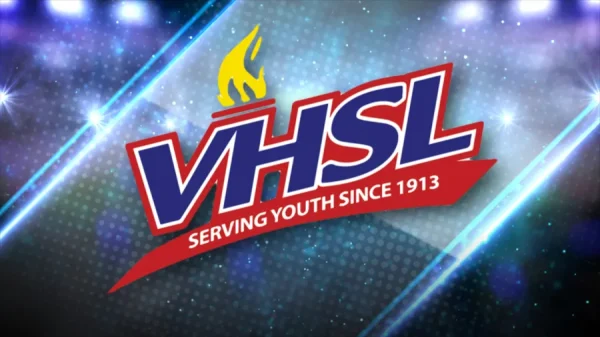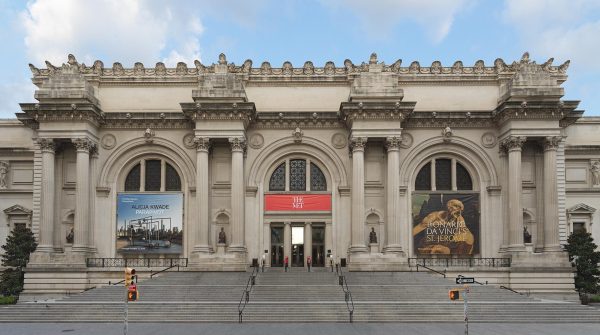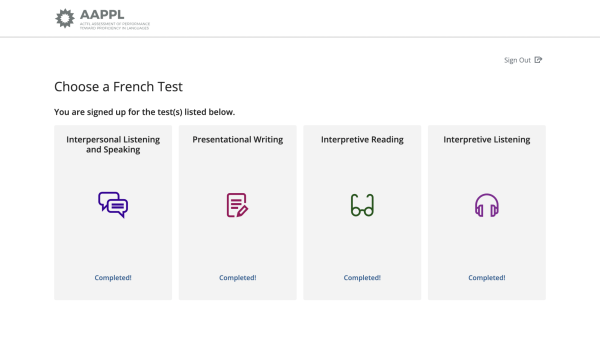It’s finally time to restrain prior restraint
The Lasso endorses New Voices legislation
In the past year, a local publication based in Falls Church City published an expose on bus overcrowding, profiled each candidate running for School Board, investigated the vaping crisis among teens, addressed the local impacts of the gun-violence epidemic, and in the process, received commendations from two national journalism organizations.
This publication was not the Falls Church News-Press, the Patch, or any other private or subsidized newspaper or media organization. It was the Lasso, run entirely by students at George Mason High School, and legally considered a “supervised learning experience,” and not a public forum.
In other words, despite being a vital part of the media in Falls Church City, the Lasso can be censored.
The Lasso has a long history of challenging restrictive prior restraint, which is when an administrator prohibits, bans, or restrains a school newspaper’s coverage. This form of censorship has existed in Virginia (and many other states) since the Hazelwood v. Kuhlmeier ruling in 1988.
As Virginia Delegate Chris Hurst returns to a Democrat-controlled state legislature to once again propose New Voices legislation, the Lasso stands by his efforts to restore student journalists’ mandate as independent ensurers of school and community accountability.
The Lasso wholeheartedly endorses HB36. We implore Del. Marcus Simon, the representative for Falls Church, to support it as well.
The Lasso has stood for this cause in the past. In 2016, we lobbied the Falls Church School Board to change its policy to grant students the freedoms they deserve.
During last year’s state legislative session, former editor-in-chief Kate Karstens publicly testified before the Virginia House Subcommittee on Education in favor of HB 2382. The bill failed to make it out of committee.
The Lasso has also investigated the impact of the nationwide effort to restore student journalists’ press freedoms, an initiative known as New Voices, and found a positive correlation between the quality of student journalism (as measured by awards and other national recognitions) and anti-prior restraint laws.
Given that the press continues to be lambasted by politicians at the highest levels of government, it is more important than ever that students are taught the true role of journalists in society. This is impossible if student journalists operate under a separate set of rules and guidelines than professionals. If student newspapers are truly to serve as “learning experiences” as outlined by the Supreme Court, they must also function as public forums.
Student journalists are better positioned to engage in hard-hitting investigative reporting than perhaps anyone else at a local level. With first-hand exposure to the most critical institution in Falls Church City, our public school system, we encounter on a daily basis the issues that resonate most with Falls Church City families.
Ending prior-restraint should be non-partisan. Government sanctioned and implemented censorship infringes on individual liberties and freedom of speech and prevents committed journalists from uncovering systemic injustices and inequalities. In this sense, New Voices laws should appeal to the ethical framework of both parties.
But as Democrats take control of the legislature, they now have a chance to rehabilitate the press from the ground-up, by empowering the next generation of journalists who will soon be reporting for the New York Times and the Washington Post. By passing a New Voices bill, Virginia legislators will place their trust in student responsibility and leadership, and in turn, reap the benefits of a more informed and engaged youth electorate.
Anything written by the Lasso Editorial Board represents the majority opinion of the Editorial Board. The 2024-25 Editorial Board is made up of: Abby Crespin...







